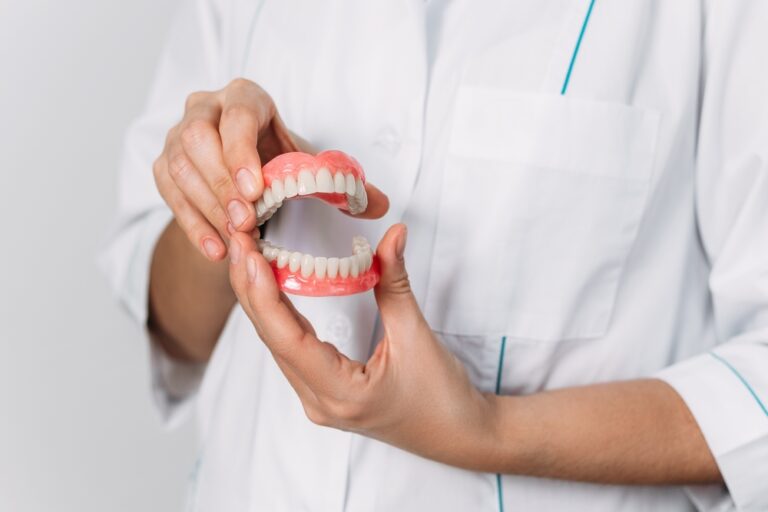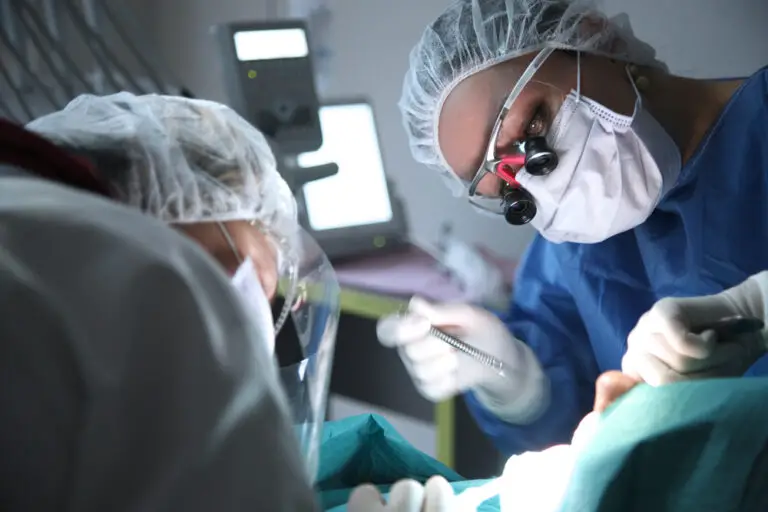Dental injections—also known as dental anesthesia via a needle—are a vital part of any serious dental procedure. It’s a must for anyone going through surgery, tooth extractions, or even a simple filling if you have a low tolerance for pain.
While a local anesthetic helps with numbing your mouth and keeping your dental procedure pain-free, it’s still a needle going into your gums. And as with any injection, there can still be a bit of pain during and after getting local anesthesia.
But how long does dental injection site pain last? Is it gone just minutes after the injection, or do you have to wait a few days before your mouth feels normal again? Today, we’ll answer this burning question to alleviate some anxieties you have about getting dental injections.
There Are Many Reasons You Might Need a Dental Injection
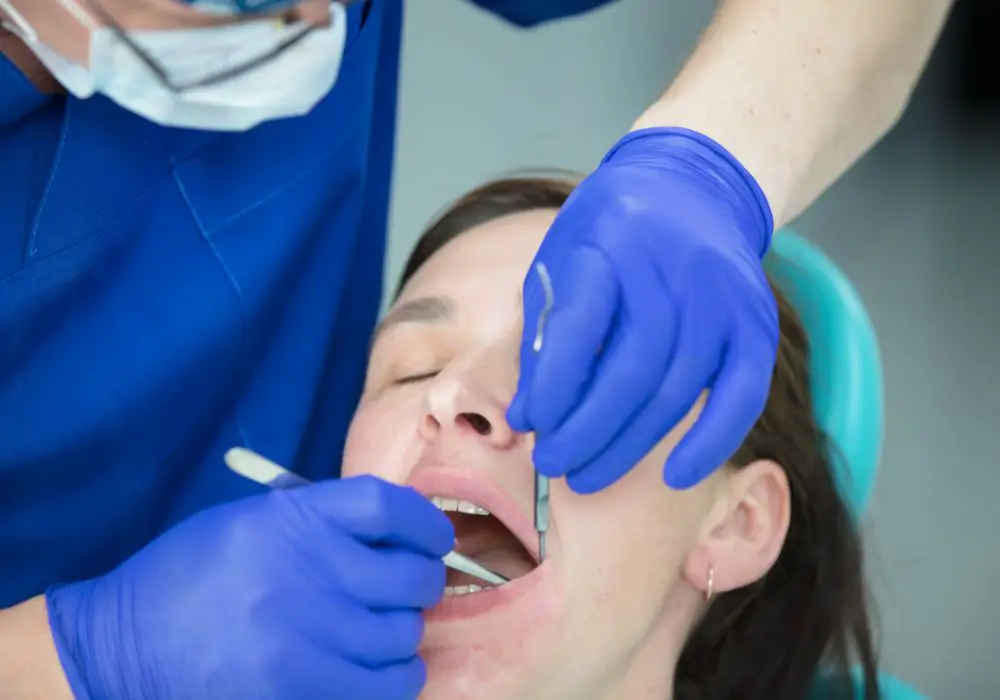
Around 10-30% of dental patients suffer from anxiety or a phobia of the dentist’s chair. Sometimes, this is because they’re worried about unknown oral health issues they might have. They could be anxious because it’s their first time getting treatment done and don’t know what to expect.
But most of the time, dental patients are anxious when visiting their dentist’s office because they’re scared that the procedure they’re getting might be painful. It’s nerve-wracking thinking about how much pain you’ll be under when you’re scheduled for a root canal or wisdom tooth removal.
Luckily, dentists can inject a local anesthetic to help numb your gums, cheeks, and lips before they start the dental work. These anesthetics include lidocaine, novocaine (aka procaine), and epinephrine, among others.
Just a few minutes after getting a dental injection, you’ll lose the sensation in your mouth. This makes it easier for dentists to administer treatment to your teeth. At the same time, it eases your anxiety about getting dental work done because you won’t feel a thing.
Want to see how dentists administer local anesthesia to your gums via injection? If needles don’t make you queasy, check out this video to see how a dental injection takes place up close:
But in what situations will someone need dental injections? Here are a few treatments and surgeries that may require anesthesia to be more bearable:
1. Tooth extractions and surgeries
Whether you’re coming in for a regular extraction or a more serious wisdom tooth removal, a dental injection is a must for dental surgery.
Extractions are some of the most painful dental procedures someone can have. Dental injections can block the transmission of pain signals from your nerves to your brain, making you feel more comfortable and less anxious before your operation.
2. Getting tooth fillings
Although getting cavities filled in isn’t exactly painful, some anxious dental patients do better after getting anesthesia. That way, they won’t feel anything in their mouth.
This keeps them from fidgeting around too much while getting the procedure. That allows the dentist to get the work done faster and more easily.
3. Invasive gum treatments
There are a bunch of gum treatments that might cause pain during the procedure. Gums are, after all, flesh and sensitive tissue in our mouths. These include a biopsy, scaling, or gum surgery. Dental injections keep the pain to a minimum.
4. Getting a root canal
A root canal is one of the most dreaded procedures at the dentist’s office. One way to alleviate the pain and anxiety patients feel from getting a root canal is by getting a local anesthetic injected in the site of the infected tooth first.
Do Anesthetic Dental Injections Hurt?
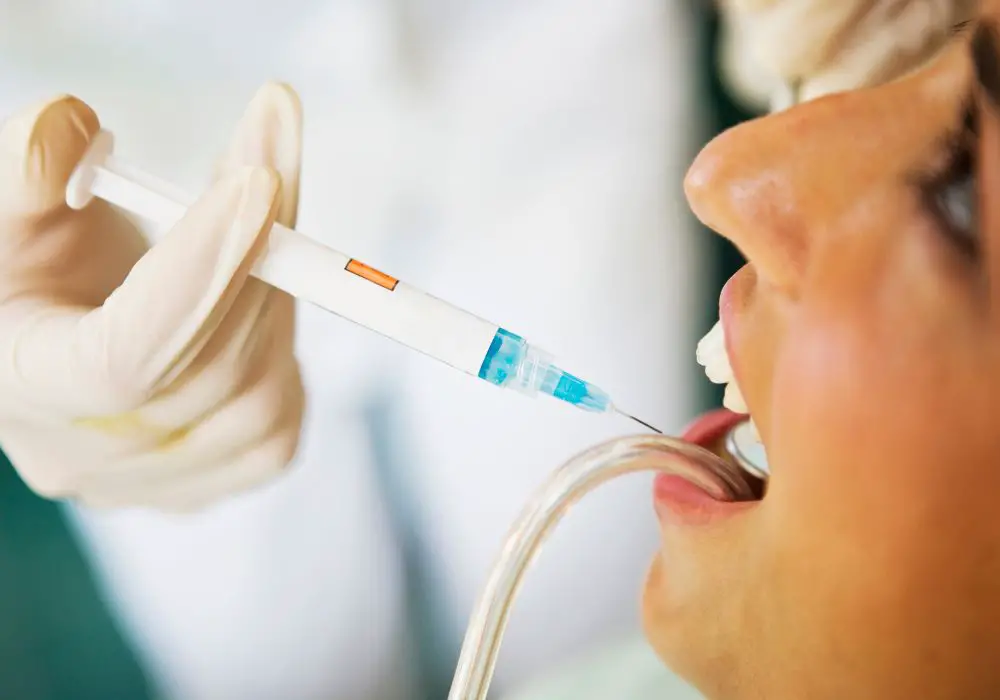
While the purpose of a dental injection is to prevent you from feeling the pain of the procedure, you’ll still feel a little bit of sharp pain and discomfort when the anesthesia is administered.
The anesthesia doesn’t take effect as soon as the needle touches your gums. So, you’ll feel that quick prick of the needle, like any normal injection.
Sometimes, a dentist will apply a topical anesthetic gel before going in with the injection. That way, you don’t feel the needle to begin with. This is usually reserved for more sensitive patients, like children or those with a low tolerance for pain, who might flinch during the injection.
A few hours to a few days after getting dental anesthesia, you may notice soreness in the injection site. Most of the time, you’ll only feel slight discomfort from the injection when your procedure is done. But sometimes, patients will have to nurse moderate pain in the days after.
How Long Does the Pain from a Dental Injection Last?
After your procedure, your gums, cheeks, and lips might still feel numb from the anesthesia. If you’re lucky, your mouth won’t regain sensation until the soreness and pain from the injection site have worn off. If this is the case, you won’t feel any pain from it at all.
However, some people might experience pain and soreness near the site of the injection. That means if you got an injection near the back of your mouth, you might feel the soreness radiate to your jaw joint.
But don’t worry, the pain is only temporary and will subside faster than you think. In just a few hours, your mouth may feel completely normal again. In severe cases, you might be in pain for an extra day or two.
How long the pain at the injection site lasts depends on numerous factors. One of these is where the anesthetic was injected. Injections done near the front of the mouth tend to be a lot less painful than those done near the back of the mouth, which can result in pain that takes longer to resolve.
People with a lower threshold for pain might also feel discomfort near the injection site for an extended period of time. Those who have a high pain tolerance tend to recover faster.
Remedies for a Painful Dental Injection Site
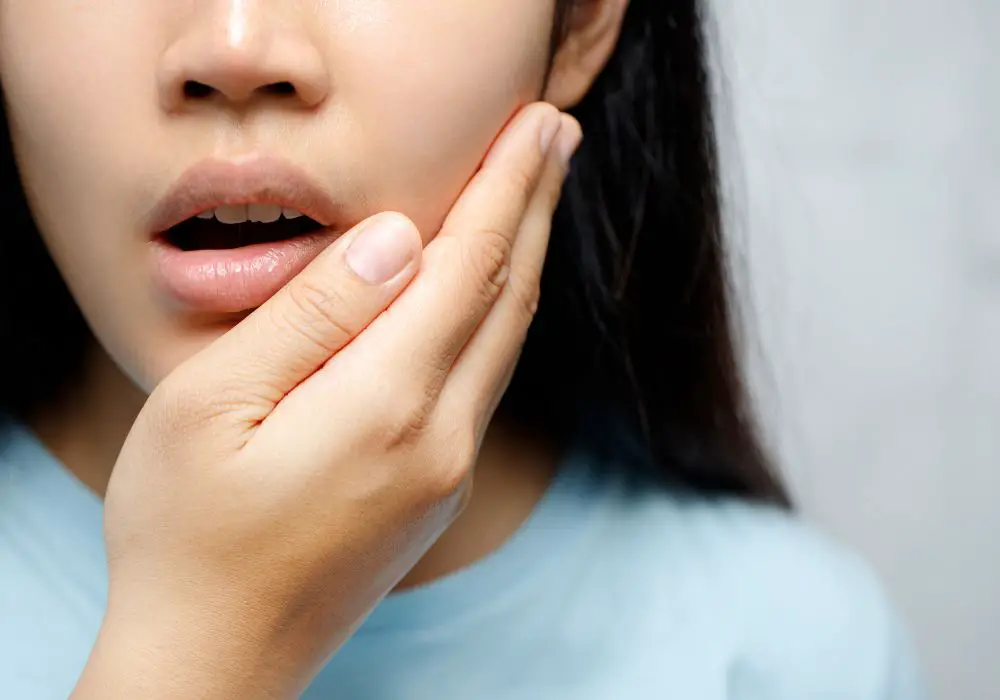
Going crazy about the soreness and pain in your dental injection site days after your procedure? Don’t worry. There are plenty of quick and easy remedies that can help you soothe some of the pain until it goes away. Here are some of our top tips to make the pain more bearable:
1. Painkillers like Ibuprofen or Tylenol
To keep the pain at bay, take some painkillers like Ibuprofen and Tylenol. Take a couple of doses a day at least four hours apart. This can help soothe the inflammation in the injection site and make you feel more comfortable as the area heals.
When taking pain medications, be wary of side effects, like drowsiness or dizziness.
2. Suck on ice or drink cold water
Cold drinks or ice can help numb the pain of the injection site. You can suck on some ice cubes like candy to soothe your mouth, or sip on cold water now and then.
If you have jaw pain after a big dental surgery, cold compress or an ice pack can also help reduce some of the inflammation and swelling you feel on your outer cheek.
3. Gargle with warm water
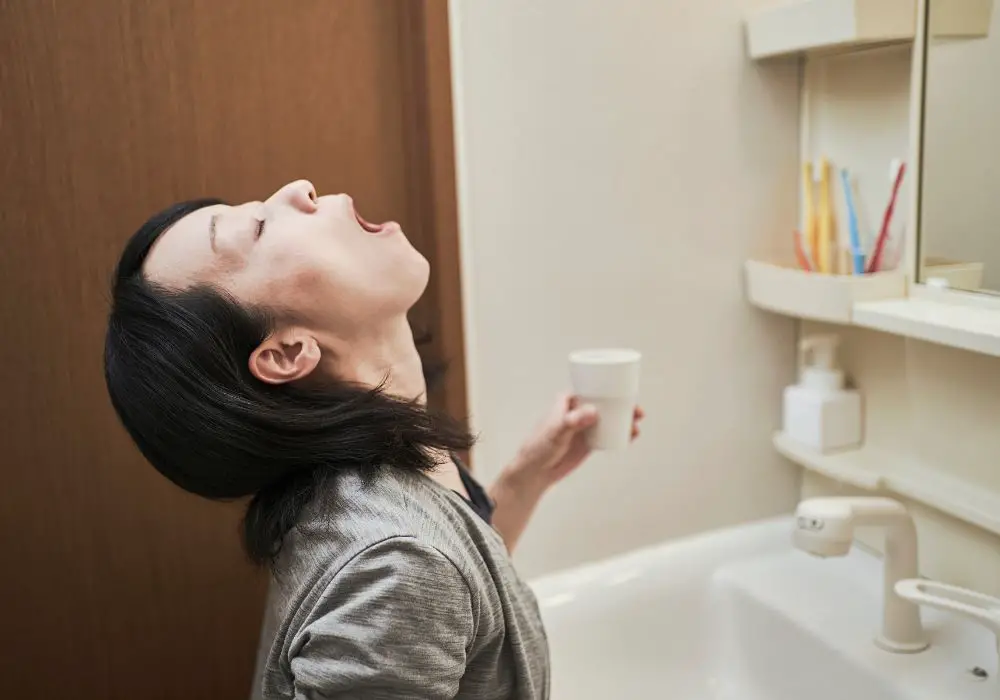
If your gums feel sore and swollen, gently gargle some warm water. Not only can it help soothe the injection site in your mouth, but it can also boost blood circulation in the area to promote faster healing.
You can also add some salt to your warm water before gargling it. Warm salt water can bring down the inflammation in the injection site.
Be sure to wait at least two days before switching from a cold compress to a warm gargle. Hot temperatures may interfere with the formation of a blood clot at the injection site if used too soon. This delays the healing process in the area altogether.
4. Go on a diet of soft, room-temperature foods
For the first day or two after getting a dental injection, you might want to switch to a diet of soft foods. Hard foods that hit the injection site can make the area more painful. Consider eating soup, mashed potatoes, yogurt, and other soft foods to be extra gentle on your mouth.
You should also avoid extremely hot and cold foods for the first few hours. Extreme temperatures can make the injection site feel more uncomfortable.
Conclusion
It’s normal to feel soreness in your gums and the muscles around your mouth up to a couple of days after getting a dental injection. The pain can be a hassle, but know that it’s only temporary and will go away soon. You just have to be patient and care for your mouth properly until then.
If you’re having trouble adjusting to the dental injection site pain, consider the remedies we listed above. Gargle some warm salt water or carefully chew on some ice to soothe the area and speed up the healing process. In no time, you’ll be back to feeling a-okay.
If the pain is extra persistent for more than just a few days, don’t hesitate to contact your dentist. They’ll talk you through the healing process and help you get through the pain and discomfort of the injection site until you feel 100% better.




